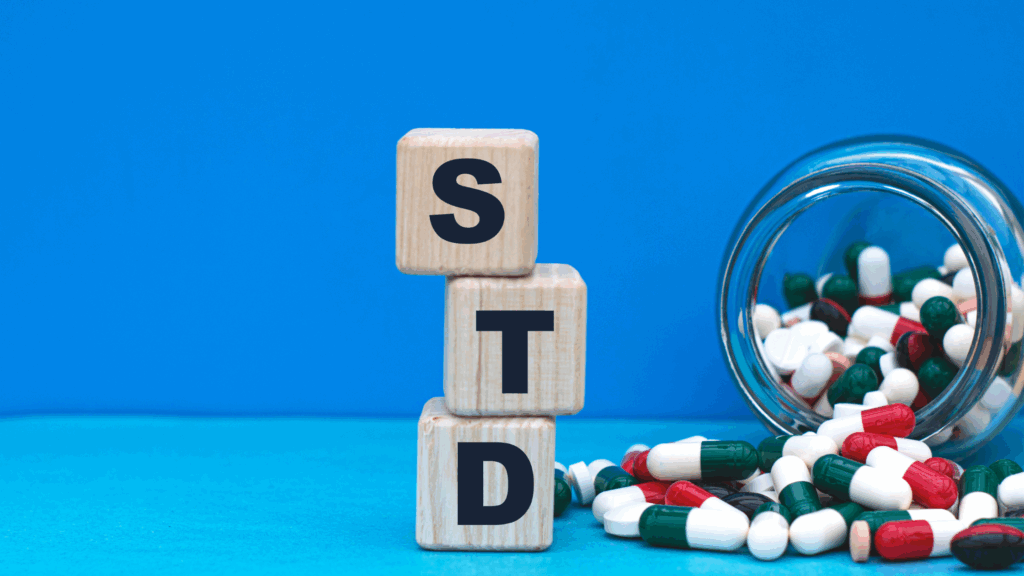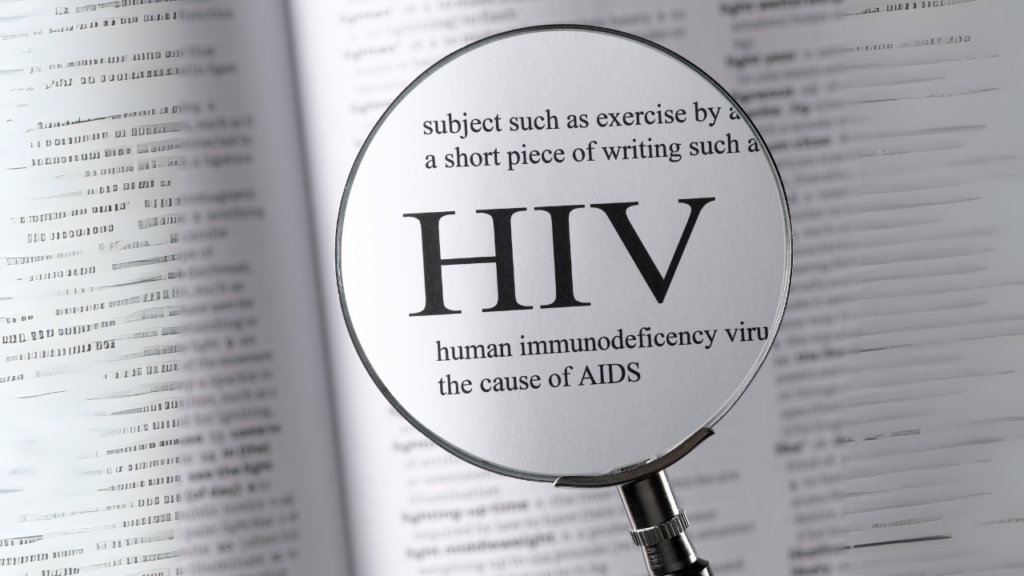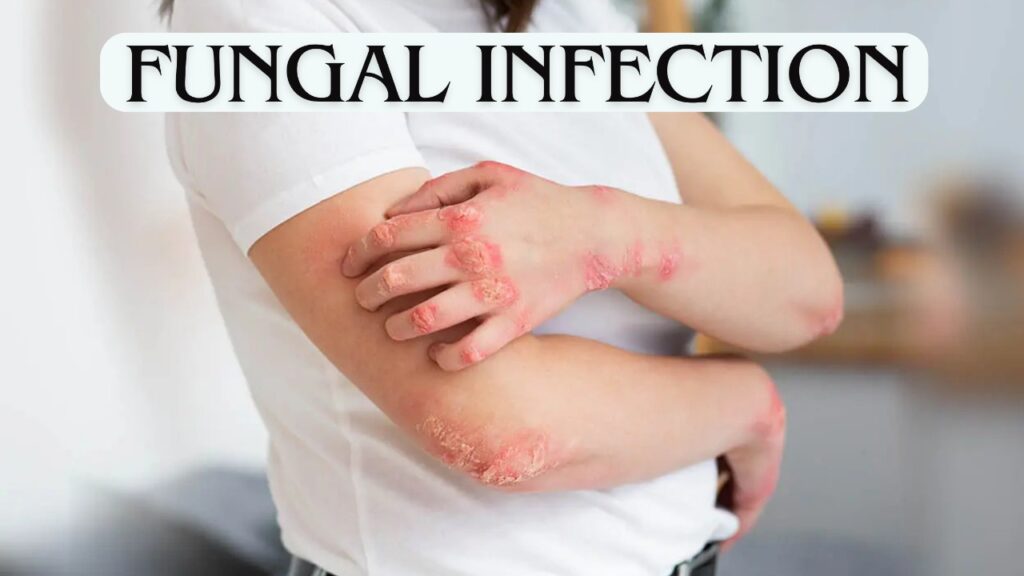Best COVID-19 Treatment Doctor in Mumbai
Understanding COVID-19 in 2025: Symptoms, Transmission, Diagnosis, Treatment, Prevention, and the Recent Global Surge. As we progress through 2025, COVID-19 continues to evolve, presenting new challenges with emerging variants and regional surges. Recent increases in cases in countries like Singapore, Hong Kong, and others underscore the importance of staying informed about the virus’s symptoms, transmission, diagnosis, treatment, and prevention. Symptoms of COVID-19 COVID-19 symptoms can vary widely, ranging from mild to severe. Common symptoms include: Fever Cough Fatigue Loss of taste or smell Sore throat Headache Muscle or body aches Shortness of breath or difficulty breathing Congestion or runny nose Nausea or vomiting Diarrhea It’s important to note that some individuals may experience symptoms that persist for weeks or months after the initial infection, a condition known as “Long COVID.” Transmission of COVID-19 The virus primarily spreads through respiratory droplets when an infected person coughs, sneezes, talks, or breathes. These droplets can land in the mouths or noses of people nearby or possibly be inhaled into the lungs. Transmission can also occur by touching surfaces contaminated with the virus and then touching one’s face. Diagnosis of COVID-19 Diagnosing COVID-19 typically involves: PCR Tests: Considered the gold standard, these tests detect the virus’s genetic material. Antigen Tests: These rapid tests detect specific proteins from the virus and are useful for quick screening. Antibody Tests: These tests determine if someone had a past infection by detecting antibodies in the blood. Early and accurate diagnosis is crucial for effective isolation and treatment. Treatment of COVID-19 Most people with mild symptoms recover at home with rest, hydration, and over-the counter medications. However, treatments are available for those at higher risk of severe illness: Antiviral Medications: Drugs like Paxlovid can reduce the severity and duration of symptoms. Monoclonal Antibodies: These laboratory-made proteins can help the immune system fight the virus. Supportive Care: Hospitalization may be necessary for severe cases, providing oxygen therapy and other supportive treatments. Consulting healthcare providers promptly can lead to better outcomes, especially for high risk individuals. Prevention of COVID-19 Preventive measures remain the cornerstone of controlling the spread: Vaccination: Staying up-to-date with COVID-19 vaccinations significantly reduces the risk of severe illness and hospitalization. Mask-Wearing: Wearing masks in crowded or indoor settings helps prevent transmission. Hand Hygiene: Regular handwashing with soap or using hand sanitizers eliminates potential viral particles. Physical Distancing: Maintaining distance from others, especially in crowded places, reduces exposure risk. Ventilation: Ensuring good airflow in indoor spaces dilutes and removes viral particles. Adhering to these measures protects not only individuals but also the broader community. Recent Increase in COVID-19 Cases Globally In recent weeks, several countries have reported a surge in COVID-19 cases, attributed to new variants and other factors: Singapore: The country experienced a 28% increase in cases during the first week of May 2025, rising from approximately 11,100 to 14,200 cases. Hospitalizations also saw a 30% uptick. Hong Kong: The region reported its highest COVID-19 activity in a year, with 31 deaths in the week ending May 3, 2025. Test positivity rates doubled over a four-week period, indicating widespread community transmission. India: Cities like Mumbai, Chennai, Bengaluru, Delhi, and Ahmedabad have seen a rise in cases, prompting advisories and preparedness measures from health authorities. Australia: The NB.1.8.1 variant, previously causing surges in China, Taiwan, and Hong Kong, has been detected in Victoria, leading to a 44% rise in reported cases in mid-May 2025. United States: The NB.1.8.1 variant has been identified in multiple states, including New York, California, and Ohio. While cases remain low, health experts emphasize vigilance due to the variant’s rapid spread. The World Health Organization (WHO) has classified NB.1.8.1 as a “variant under monitoring,” noting its increased transmissibility and potential partial resistance to existing immunity. The evolving nature of COVID-19, with emerging variants and regional surges, underscores the importance of continued vigilance. Staying informed about symptoms, adhering to preventive measures, and seeking timely medical advice remain crucial in navigating the ongoing challenges posed by the pandemic.
Best COVID-19 Treatment Doctor in Mumbai Read More »





